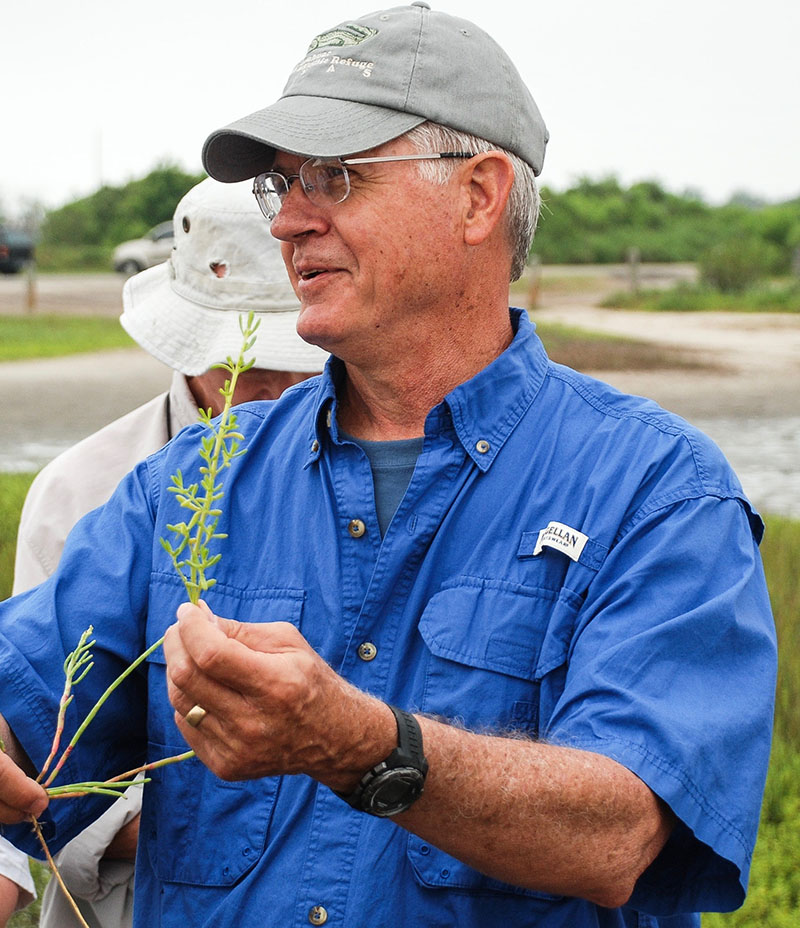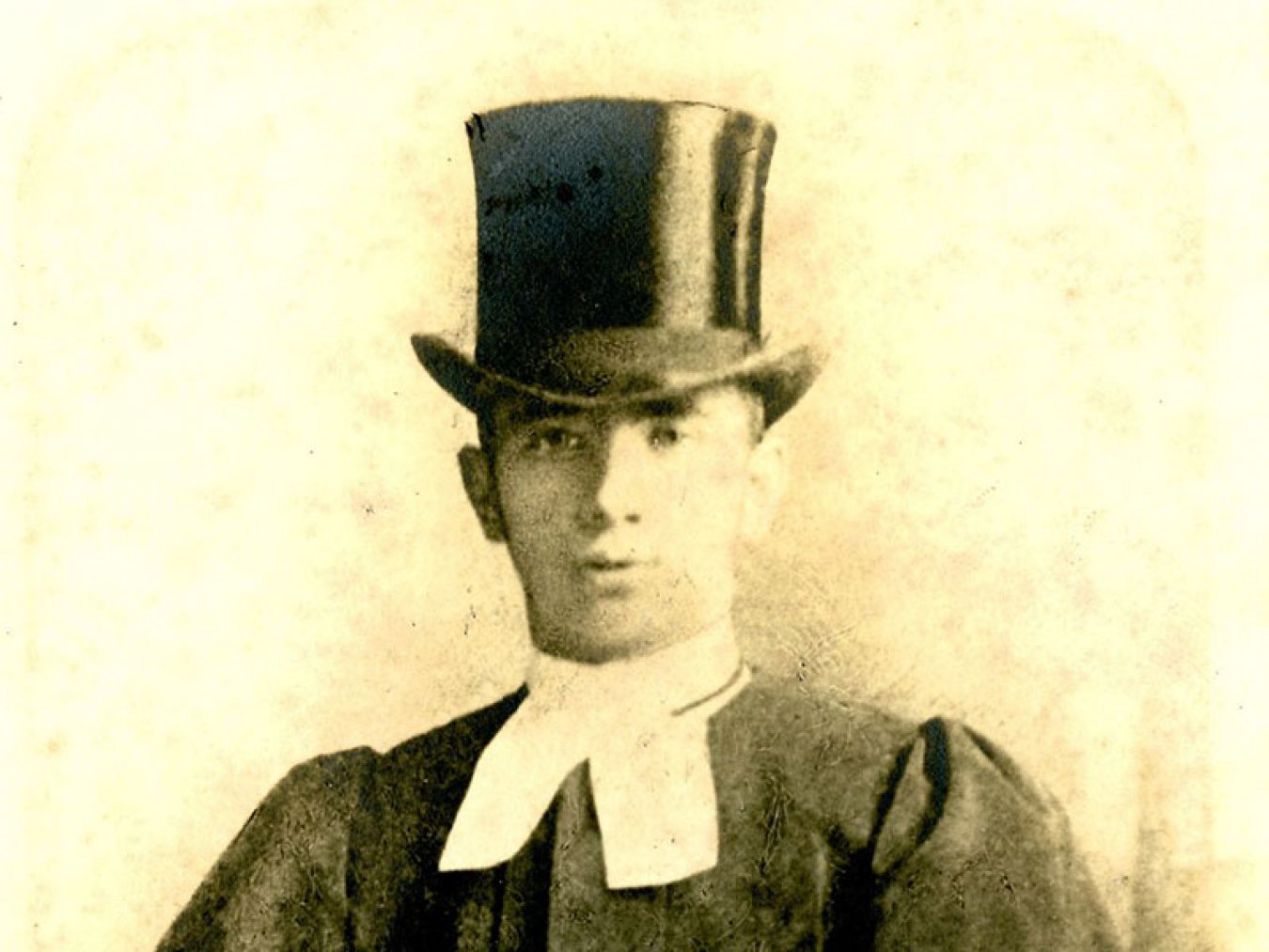Our Beachfront Dunes Will Return
“We really dodged a bullet this week,” Peter Davis, chief of Galveston Island Beach Patrol, wrote in late August in a column for The Galveston County Daily News. He was talking about Hurricane Laura, which had turned to the east, directing her destructive power at southwestern Louisiana instead of here.
Even so, the bullet grazed us a bit. Laura’s storm surge eroded beachfront dunes across the island, especially those on the West End. As a result, some residents woke up to find sand on their property and on local roadways.
Galveston is no stranger to beachfront dune erosion. The island has experienced it before, most recently — and on a much larger scale — during Hurricane Ike in September 2008. Back then, Ike made a direct hit with 110 mph winds and a 10-foot storm surge, causing catastrophic damage along a 75-mile stretch of shoreline extending westward to Surfside Beach and eastward to High Island.
According to Lessons from Hurricane Ike, a collection of research studies edited by Rice University Professor Philip B. Bedient, shoreline erosion was among the most significant of Ike’s impacts. Beach and associated dunes took the biggest hit, actually disappearing as sand was swept landward.

| Galveston Island State Park beachfront after Hurricane Ike | Steve Alexander |
That’s what happened at Galveston Island State Park. Despite catastrophic damage, the park’s beachfront and dunes returned. But although a natural disaster flattened them, it wasn’t nature that rebuilt them.
This is how it was done.
Eight months post-Ike, heavy machinery moved tons of sand and resculpted it into newly formed dunes that were planted with grasses recommended by the Texas General Land Office for dune vegetation projects, including bitter panicum, sea oats and marshhay cordgrass. Within two years, nature had filled in the gaps with her own sand buildup and plantings, including beach tea, beach morning glory, amaranth and sunflowers.

| Resculpted/planted dunes at Galveston Island State Park, eight months post-Ike | Steve Alexander |

| Dunes at Galveston Island State Park, two years post-restoration | Steve Alexander |
The result: Galveston Island State Park now has a wide beachfront with healthy dunes. It serves as an example of how shoreline restoration can be done after catastrophic destruction.
Whatever damage Hurricane Laura left behind and whatever new damage is to come from Tropical Storm Beta — the newest storm headed toward the Texas coast — we can take comfort in knowing there’s a blueprint for successful beachfront and dune restoration.
Steve Alexander
Steve Alexander teaches wetlands management at Texas A&M University at Galveston and is a former member of the Board of Directors of the Galveston Island Nature Tourism Council. He is the author of Exploring Galveston: A Naturalist's Guide to the Island.




